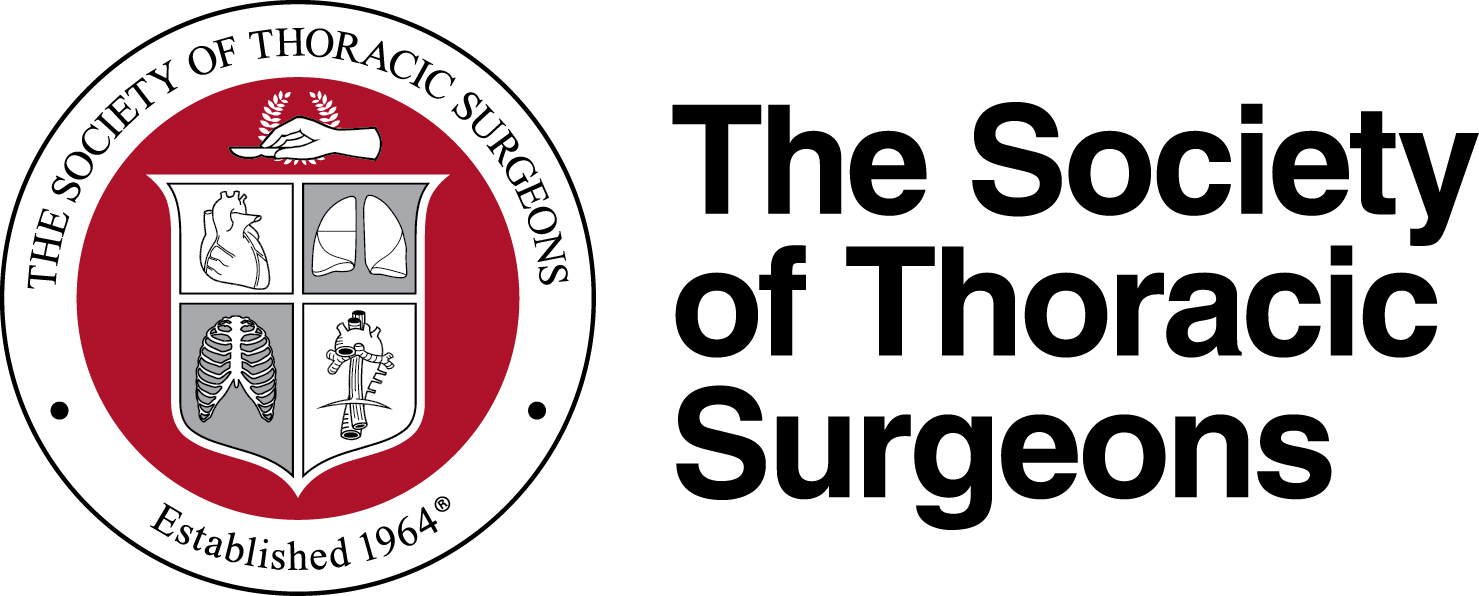Newswise — SAN ANTONIO (January 28, 2024) — A study of pediatric heart surgery centers across the United States has demonstrated that, when it comes to successful surgery, it’s not just the size of the program that matters in determining quality outcomes.
Historically, hospitals with a “low volume” of pediatric heart operations—in this case, those that perform 103 surgeries or fewer a year—have been associated with worse outcomes for patients. However, a team led by D. Chauhan, MD, from WVU Medicine Children’s Heart Center found that “overperformers” and “underperformers” exist in all volume categories.
“Contrary to conventional wisdom regarding the relationship between institutional volume and quality outcomes, there are high-performing low-volume centers in pediatric cardiac surgery, for even the most complex operations,” said senior author Christopher Mascio, MD, a pediatric cardiothoracic surgeon, professor, and executive director at WVU Medicine Children’s Heart Center. “There are also underperforming high-volume programs. Judging program quality is more complex than a single volume number.”
The team examined a total of 25,749 heart operations performed by 235 pediatric hospitals across the country. They divided the centers into three volume categories: low-volume (103 or fewer cases per year), mid-volume (104 to 194 cases per year), and high-volume (more than 194 cases per year). They included only “on-pump” procedures—meaning, those that used a cardiopulmonary bypass machine, which takes over temporarily for the heart and lungs while the operation is performed.
According to coauthor J. Hunter Mehaffey, MD, an assistant professor and director of cardiac surgery research at WVU, the study included variables commonly used and validated in evaluating risk in pediatric cardiac surgery including age, race, birth weight, genetic diagnosis, history of re-operation, the urgency of the procedure, the patient’s length of hospital stay before the surgery, and the presence of heterotaxy (an abnormal arrangement of the internal organs).
Looking at hospital mortality rates, the researchers found that all three volume groups had both “overperforming” and “underperforming” hospitals. For six “benchmark” operations as defined by The Society of Thoracic Surgeons, they found no statistically significant difference in hospital mortality when comparing low- and mid-volume centers to high-volume centers.
The benchmark operations included tetralogy of Fallot repair, arterial switch with ventricular septal defect (VSD), arterial switch without VSD, Glenn and Fontan procedures, and truncus arteriosus repair.
This new research study will be presented at The Society of Thoracic Surgeons’ 2024 Annual Meeting in San Antonio, Texas. The Society selected the presentation as its 2024 James S. Tweddell Memorial Paper in Congenital Surgery.
Underscoring the study’s importance, Dr. Mascio added, “When parents consider which center is best for their child, there are many other factors at play, including care team coordination, proximity, surgical team, and personal interactions. The time is ripe for the congenital community to develop better methods for evaluating program quality. We hope this contribution provides a nidus for continued discussion around this issue, providing a voice to programs of all sizes.”
# # #
Founded in 1964, The Society of Thoracic Surgeons is a not-for-profit organization representing more than 7,700 cardiothoracic surgeons, researchers, and allied healthcare professionals worldwide who are dedicated to ensuring the best possible outcomes for surgeries of the heart, lung, and esophagus, as well as other surgical procedures within the chest. The Society’s mission is to enhance the ability of cardiothoracic surgeons to provide the highest quality patient care through education, research, and advocacy.
MEDIA CONTACT
Register for reporter access to contact detailsCITATIONS
The Society of Thoracic Surgeons’ 2024 Annual Meeting
